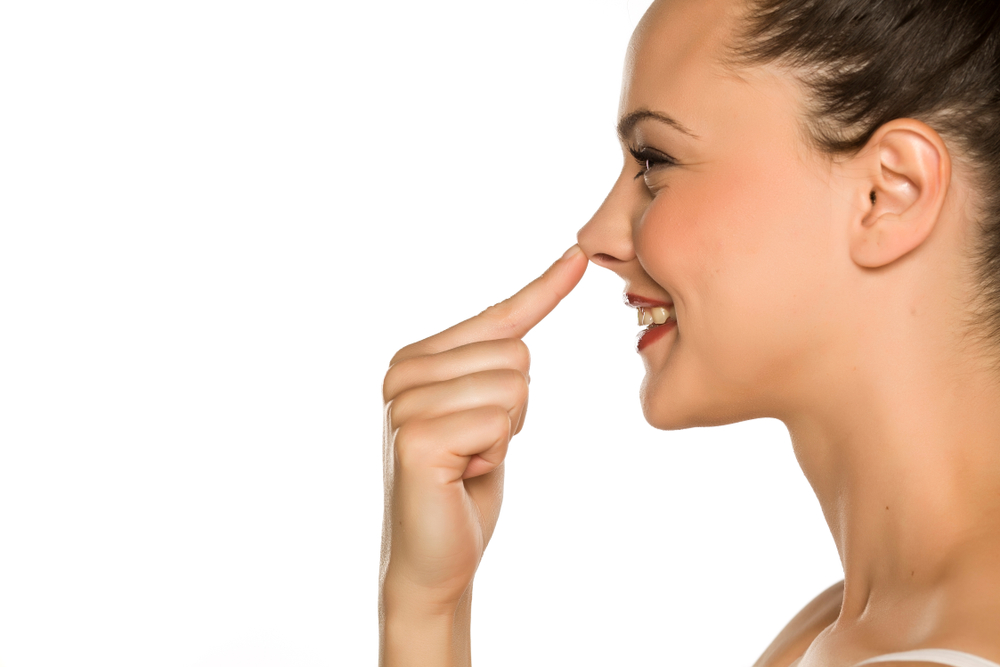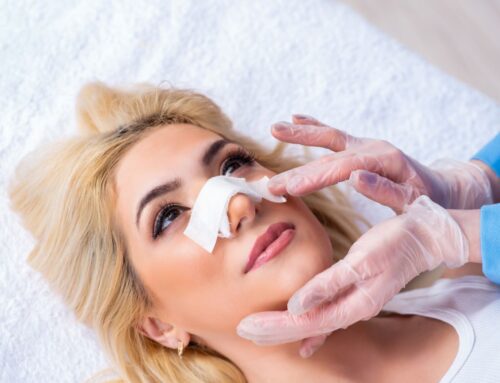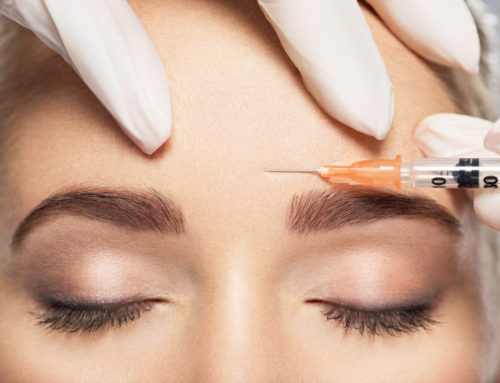Unlike in decades prior, nose jobs aren’t a surgical procedure for just the “elite”. More often than not, when we see that “perfect nose” out in the wild, we’re seeing the work of a great surgeon. The reasons to plan a nose job surgery, whether surgical or non-surgical are diverse. However, there the three most common reasons we see in the field are injury, improved breathing, or simply to change the appearance of the nose. If you’re considering surgical rhinoplasty, let’s take a look at some of the driving factors and recommendations.
What is Rhinoplasty?
Rhinoplasty, commonly known as a nose job, is the altering of bone and/or cartilage to change the shape of one’s nose. While it is the most common form of facial plastic surgery, you should still consult with your doctor to discuss your medical history, reasons for undergoing nose surgery and the desired outcome. Our team would then love to meet with you and have a consultation to see what a surgical procedure may look like for you.
When Should You Get Rhinoplasty?
Typically, it is recommended women wait until they are at least 15 years of age before considering rhinoplasty. For men, the earliest recommended age is 16. It’s important to wait until the nose is adult-sized before undergoing cosmetic surgery for breathing issues or changes to appearance.
Reasons to Get a Nose Job
As mentioned, there are three prominent reasons to get a nose job. In the case of improving ease of breathing or changing physical appearance, the nasal bones are typically left entirely intact. If the nose job is for repairing trauma, bones may be shifted to improve placement or shape of the nose.
Depending on your reason for rhinoplasty, your procedure may address the following:
- The overall shape of the nose
- The shape of the nose’s tip
- Bridgeline
- Angle of nose
- Size of nostrils
How Long Does a Nose Job Take?
Overall, you can expect a rhinoplasty procedure to take anywhere from one to three hours. A nose job is an outpatient procedure, so you will not be required to spend the night in the hospital or medical facility where the rhinoplasty was performed. Since a nose job uses general anesthesia, it is best to have someone drive you home afterward and, if possible, stay the night to offer assistance.
Nose Job Recovery
We’ve briefly touched on nose job post-op in the past, but here’s a deeper look at things to avoid after a nose job.
- Strenuous exercise
- Swimming/submerging your face in the water
- Blowing your nose
- Excessive chewing or aggressive tooth brushing
- Wearing glasses
- Applying pressure – sleep on your back if possible, don’t pull clothes over your face, etc…
Be prepared to wear a temporary splint to encourage the nose to heal in its new shape, and to wear dressings to absorb any drainage. Take care to rest with your head elevated above your chest and apply cold compresses to help alleviate the swelling. Most importantly, remember to be patient! Keep in mind the final results may not be visible until a year after the rhinoplasty has been performed.






